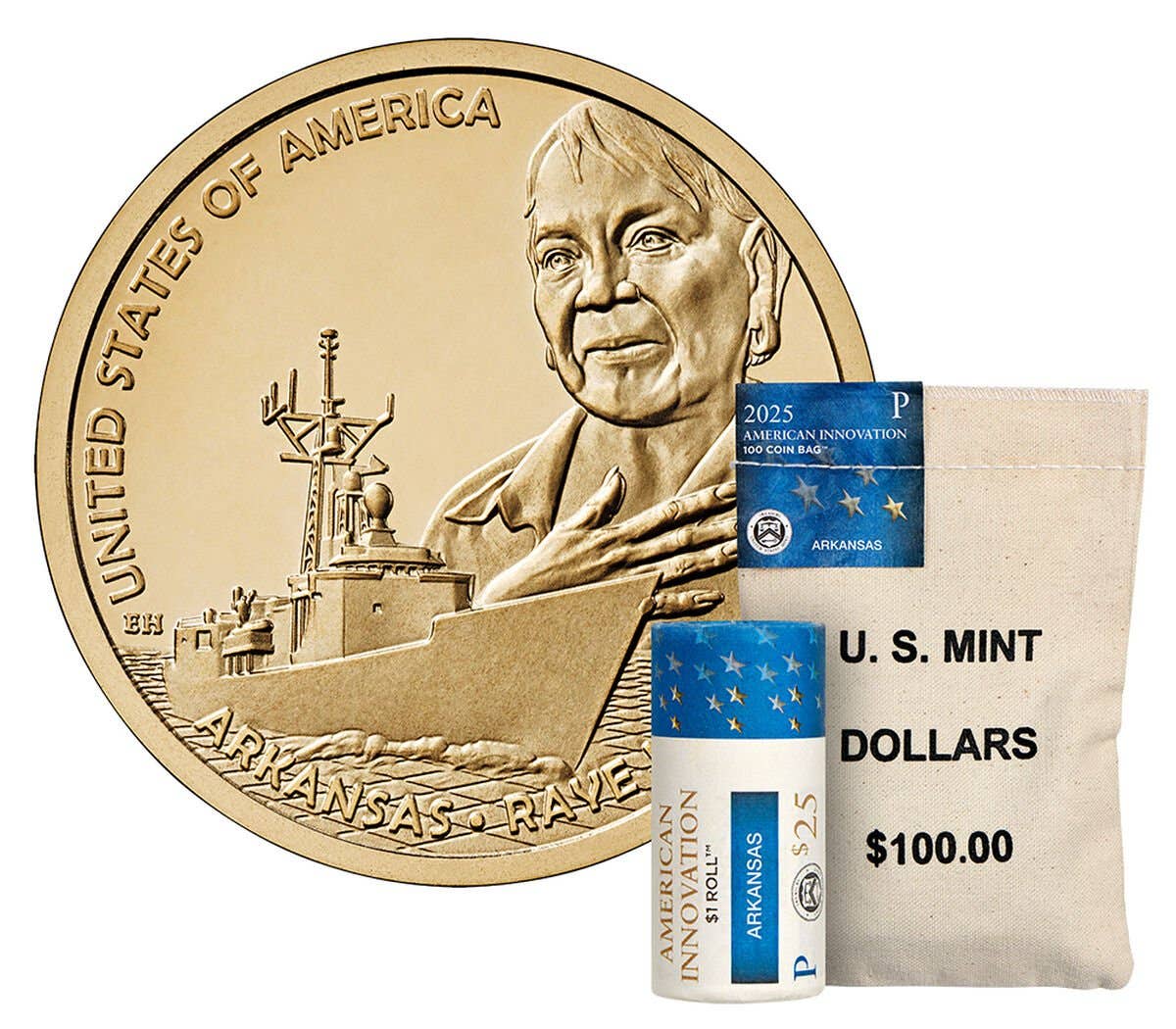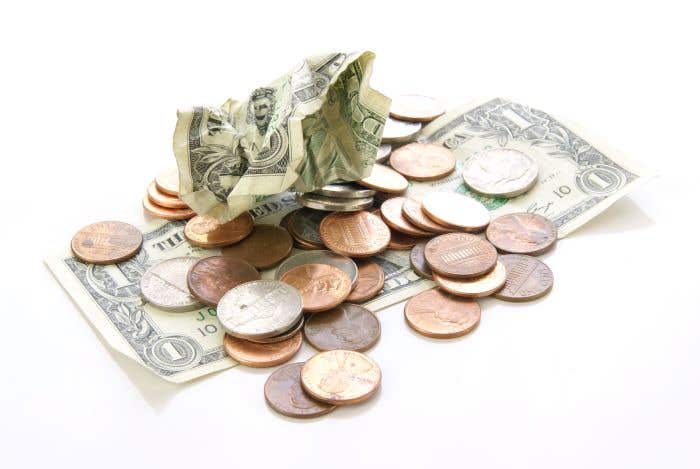IRS Imposes More Paperwork on Dealers
As part of the American Rescue Plan of 2021, the threshold at which “third party settlement organizations” must file Form 1099-K was reduced to $600 per year. Previously, the minimum…
As part of the American Rescue Plan of 2021, the threshold at which “third party settlement organizations” must file Form 1099-K was reduced to $600 per year. Previously, the minimum amount of sales made on behalf of a seller before Form 1099-K would be required was $20,000 per year or at least 200 transactions.
As announced on Dec. 23, 2022, posted at www.irs.gov/newsroom/irs-announces-delay-for-implementation-of-600-reporting-threshold-for-third-party-payment-platforms-forms-1099-k, the effective date where sellers (settlement organizations) would need to comply with the lower Form 1099-K threshold is Jan. 1, 2023.
Auction houses that offer to sell merchandise (including numismatic and precious metals items) owned by others and serve as a third-party payment network between the owner of the merchandise sold and the purchaser of the merchandise (i.e. the funds pass through the auction house instead of direct between the seller and buyer) are almost certain to experience an explosion of forms to file by early 2024.
Further, it is quite possible that any coin dealers who handle merchandise on behalf of consignors may also have to file a Form 1099-K for merchandise consigned by a single owner and then sold by the dealer in excess of $600 for all items that together total at least $600 for a calendar year.
If required to file a Form 1099-K, the auction house or dealer is required to obtain the taxpayer identification number (a Social Security number or Employer Identification number) of the owner of the merchandise. If the auction house or dealer is unable to obtain this information from the merchandise owner or later learns that the taxpayer identification number provided is incorrect, then the auction house or dealer is required to reduce the proceeds paid to the owner by backup withholding, funds that are then sent to the IRS. The backup withholding percentage used to be 20 percent of the gross payment, and may still be that percentage.
The IRS can assess penalties for failure to file required Form 1099-K with the IRS or failure to send a copy of the form to the owner of the merchandise sold.
Many auction houses already have compliance systems in place and will now simply have to expand their paperwork burden with the lower reporting threshold. However, a large number of dealers who make sales using third-party settlement organizations such as Amazon or eBay or who actively sell merchandise consigned to them will, for the first time, be subject to these paperwork burdens in 2023.
Obviously, auction houses and dealers who sell merchandise consigned to them should seek competent tax advice to ensure they are complying with the expanded paperwork requirements.
Patrick A. Heller was honored as a 2019 FUN Numismatic Ambassador. He is also the recipient of the American Numismatic Association 2018 Glenn Smedley Memorial Service Award, 2017 Exemplary Service Award, 2012 Harry Forman National Dealer of the Year Award and 2008 Presidential Award. Over the years, he has also been honored by the Numismatic Literary Guild (including in 2021 for Best Investment Newsletter), Professional Numismatists Guild, Industry Council for Tangible Assets and the Michigan State Numismatic Society. He is the communications officer of Liberty Coin Service in Lansing, Michigan and writes Liberty’s Outlook, a monthly newsletter on rare coins and precious metals subjects. Past newsletter issues can be viewed at www.libertycoinservice.com. Some of his radio commentaries titled “Things You ‘Know’ That Just Aren’t So, And Important News You Need To Know” can be heard at 8:45 a.m. Wednesday and Friday mornings on 1320-AM WILS in Lansing (which streams live and becomes part of the audio archives posted at www.1320wils.com).









